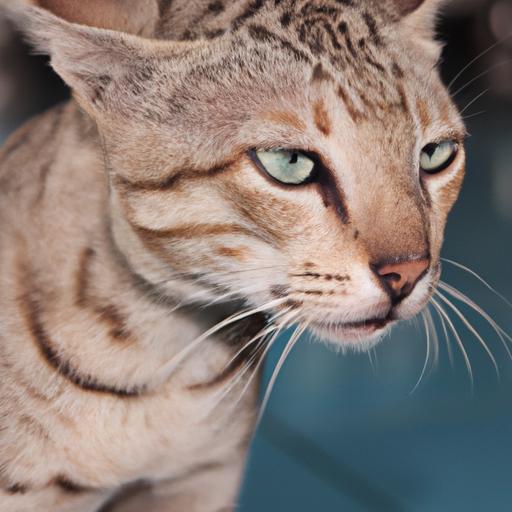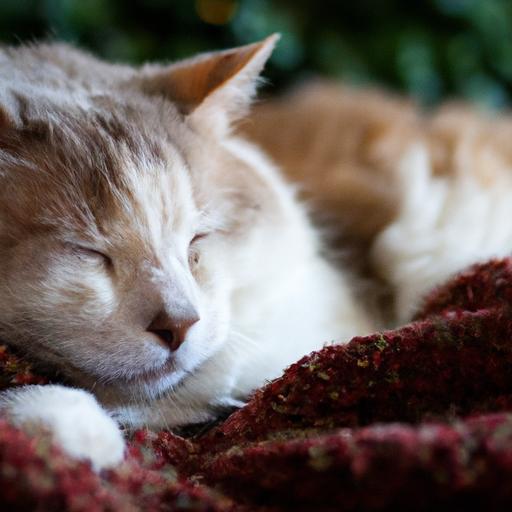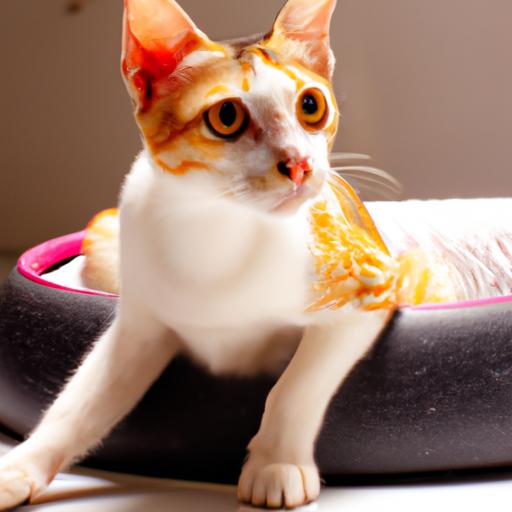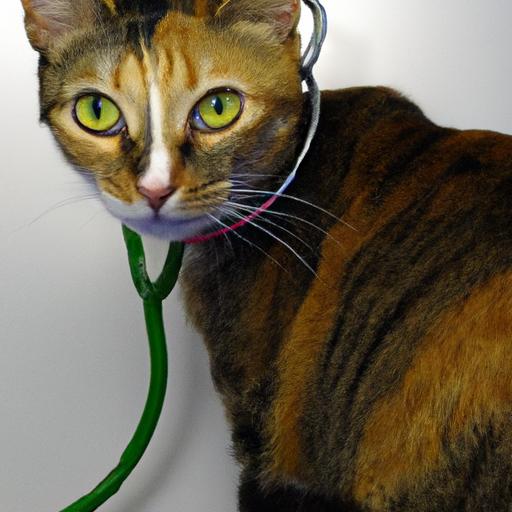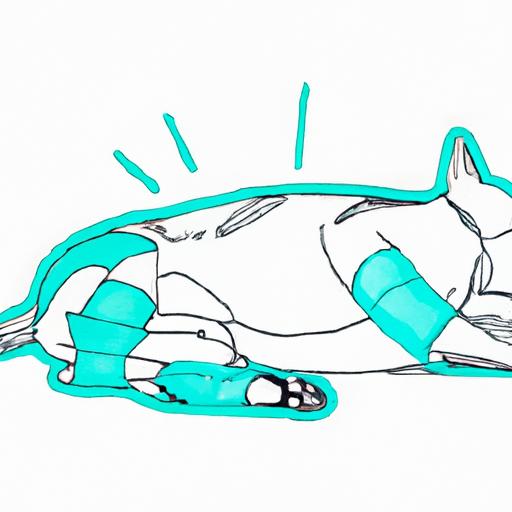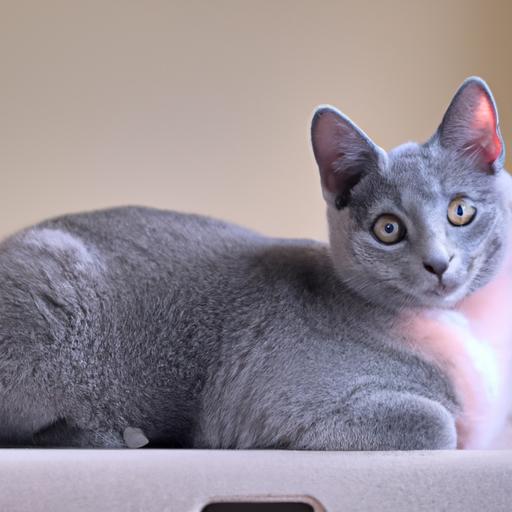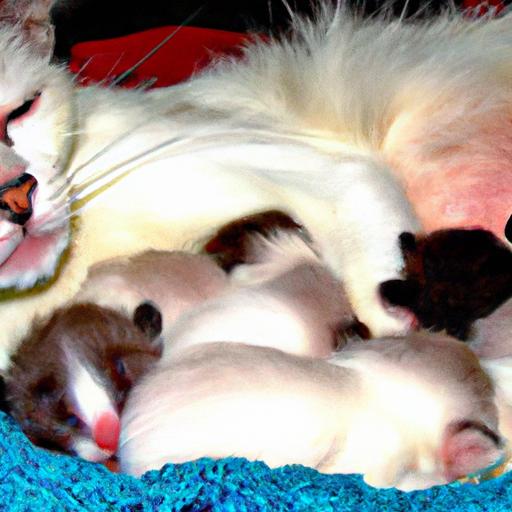
Understanding Feline Neonatal Isoerythrolysis: A Comprehensive Guide
Gain a comprehensive understanding of Feline Neonatal Isoerythrolysis. Learn about causes, symptoms, diagnosis, and treatment options in this informative guide.
Introduction
As cat owners and breeders, it is crucial to have a deep understanding of Feline Neonatal Isoerythrolysis (FNI) to ensure the health and well-being of our feline companions. In this article, we will explore the causes, symptoms, diagnosis, and treatment options for FNBy delving into this topic, we aim to shed light on this condition and empower cat owners and breeders with the knowledge needed to identify and address FNI effectively.

Understanding Feline Neonatal Isoerythrolysis
FNI is a condition that affects newborn kittens, specifically those born to a queen (mother cat) with blood type B or AB. It occurs when the queen’s antibodies attack the red blood cells of her kittens, leading to severe anemia and potentially fatal consequences. To gain a comprehensive understanding of FNI, let’s explore the various aspects of this condition.
Causes and Risk Factors of FNI
FNI primarily occurs due to blood type incompatibility between the queen and her kittens. When a queen with blood type B or AB breeds with a tomcat with blood type A, the kittens have a 50% chance of inheriting blood type A and a 50% chance of inheriting blood type B or AB. If a kitten inherits blood type B or AB from the queen, their immune system may recognize the incompatible blood type as foreign and launch an attack, leading to FN
Symptoms and Signs to Look For
Identifying the symptoms and signs of FNI is crucial for early intervention. Affected kittens may exhibit pale gums, lethargy, weakness, difficulty nursing, and a lack of weight gain. Additionally, they may have jaundice, a condition characterized by yellowing of the skin and eyes. If you notice these symptoms in newborn kittens, it is essential to seek immediate veterinary attention.
How FNI Affects the Immune System
FNI occurs when the queen’s antibodies, specifically IgM antibodies, cross the placenta and attack the red blood cells of the kittens. This immune response leads to the destruction of the red blood cells, causing anemia and impaired oxygen delivery throughout the kitten’s body. Understanding this immune system reaction is vital for comprehending the severity of FNI and its impact on the affected kittens.
Diagnosis Methods for FNI
Prompt and accurate diagnosis is crucial to effectively manage FNVeterinary professionals employ various methods to diagnose FNI, including blood typing of the queen and the kittens, direct Coombs’ testing, and complete blood count (CBC) analysis. These diagnostic tools allow veterinarians to identify blood type incompatibility, detect the presence of maternal antibodies, and assess the extent of anemia in the affected kittens.
Treatment Options and Considerations
Timely intervention is critical in managing FNTreatment options for FNI may include blood transfusions to address severe anemia, supportive care to stabilize the kittens’ condition, and careful monitoring of their progress. It is vital to work closely with a veterinarian experienced in FNI to determine the best course of action for each individual case.
FAQ (Frequently Asked Questions)
Q: What breeds are more prone to FNI?
Some cat breeds, such as Siamese and Abyssinian, are more commonly associated with FNI due to a higher prevalence of blood type B or AB.
Q: Can FNI be prevented?
FNI can be prevented by carefully selecting breeding pairs with compatible blood types. Blood typing both the queen and the potential sire before breeding can help avoid blood type incompatibility.
Q: Are there any known genetic factors associated with FNI?
While blood type inheritance plays a significant role in FNI, there are currently no known genetic markers specifically linked to this condition. Blood typing remains the most reliable method for assessing the risk of FN
Q: How does FNI affect the mother cat?
The queen, being the source of the antibodies responsible for FNI, is not directly affected by the condition. However, losing kittens to FNI can cause emotional distress for the mother cat.
Q: Can FNI be transmitted to other kittens in the litter?
FNI is not contagious and does not spread between kittens in the litter. It is specific to each individual kitten and their blood type compatibility with the queen.
Conclusion
In conclusion, understanding Feline Neonatal Isoerythrolysis is crucial for cat owners and breeders alike. By recognizing the causes, symptoms, and diagnostic methods associated with FNI, we can ensure early intervention and provide the necessary treatment for affected kittens. Remember, if you suspect FNI in newborn kittens, seek immediate veterinary assistance. By arming ourselves with knowledge, we can protect the health and well-being of our feline companions and contribute to their overall happiness and longevity.

